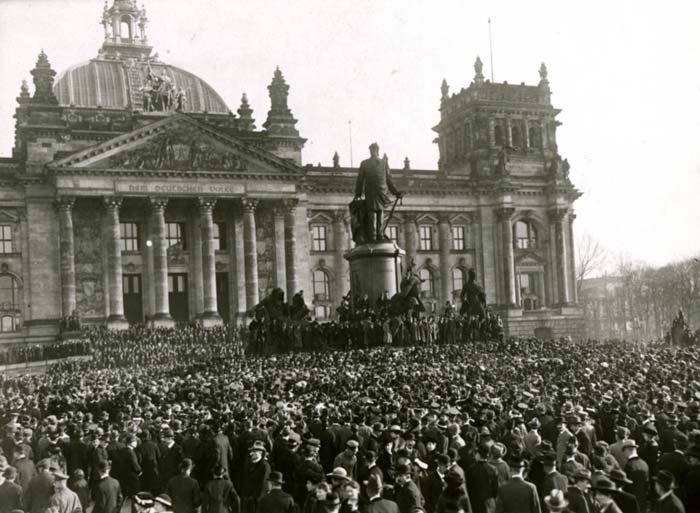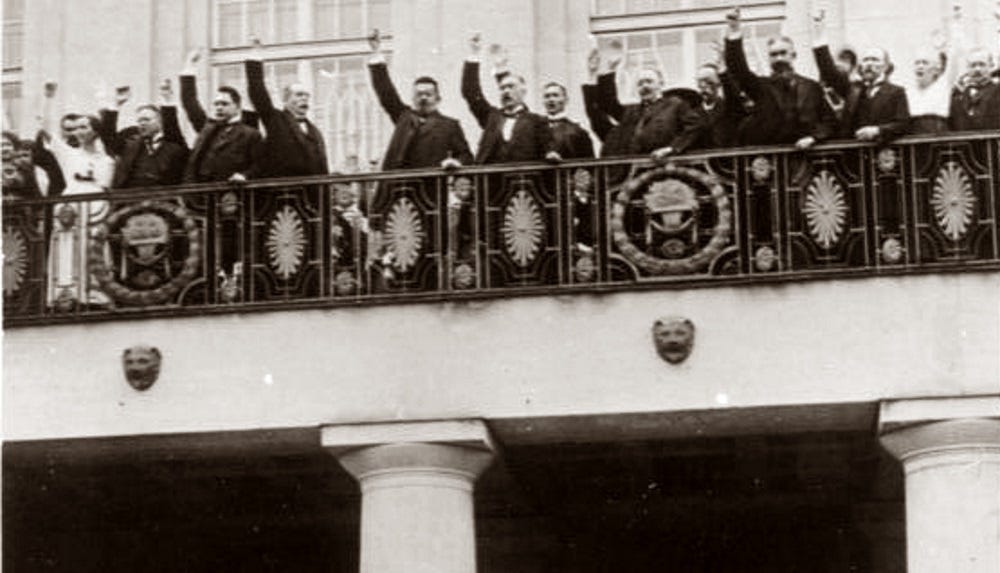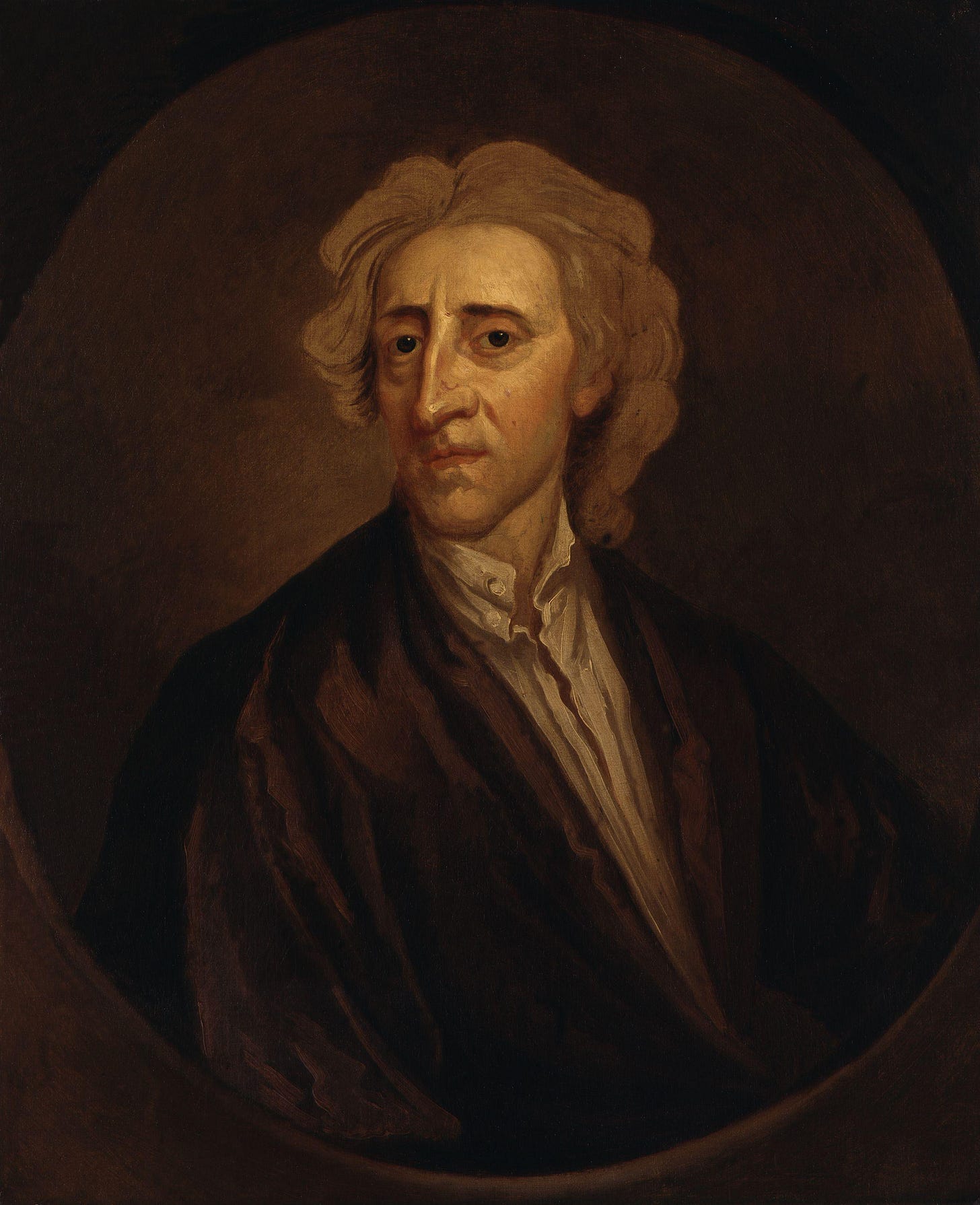The True Liberal Forgives the Extremist
...Yet judges extremism
Note: This article was originally published in Dutch by Elsevier Weekblad. It has been translated, adapted, and republished with editorial consent.
The liberal is stuck in the middle.
Whether progressive or conservative, he is usually somewhere near the political center. The far-right idealizes groups they label 'strong'. The far-left idealizes groups they label 'weak'. Although opposed, both think in terms of groups. The liberal, however, concerns himself with the freedoms of every individual.
Roderick Stackelberg, a historian, describes the liberal predicament in the following way:
“[...] although committed to equality of opportunity [...] which [is intolerable] to right-wing hard-liners, liberals oppose the infringement on personal liberty […] that the left-wing effort [...] necessarily entails.”
That makes them vulnerable.
Since both fringes go after the liberal, he must defend on two fronts, yet always allow his opponents to speak. "I detest what you say, but will defend with my life your right to say it." is the quote attributed to the philosopher Voltaire. (Although it in fact comes from one of his biographers.)
The liberal is therefore paradoxical.
In the name of freedom, he allows anti-liberals to doubt freedom itself. In the name of diversity of thought, he allows radicals to preach utter orthodoxy. In theory, the liberal condemns threats to freedom; but in practice, he may not counteract them without restricting their speech.
So long as the tyrant only speaks, he remains untouchable. Only once he picks up the sword, the liberal may, in self-defense, intervene. Censorship is therefore a liberal taboo.
And free speech the highest priority.
In discourse, the liberal deals in forgiveness. A bad argument may not be attacked by the elimination of the speaker; only by a better argument.
This welcome to contradiction makes the liberal exceptional. In the Weimar Republic, before the Nazis took over, there were some liberals. The fascists and communists threatening them from the flanks, both opposed free speech. The former would eventually seize power and stifle the press. The latter had already achieved this in the Soviet Union.
Resisting the temptation of censorship is a core liberal duty.
The liberal protects even his opponents, so long as they remain non-violent. No matter how anti-liberal their speech, it must be guaranteed. As soon as the liberal censors, he betrays his own principles. A trap: the battle is then lost before it begins.
Freedom of expression also serves a negative purpose.
Extremists can only be identified once they spout their usual nonsense. Silencing them in advance hinders one from lampooning their delusions: a missed opportunity. Once punctured, ideologies lose their credibility, preventing their further spread.
And refuting wicked beliefs may yet free radicals from them.
The liberal thus tolerates the extremist, but not his arguments.
He respects their podium, but always offers a rebuttal. The tyrant’s inner morality is not to be targeted, but best left to his family, friends, and therapist. It is the ideas, not the person, that must be challenged.
Those, after all, determine the course of civilization,
Liberalism stands and falls with the forgiveness of the extremist.
John Locke, another philosopher, wrote: “It would, methinks, [benefit] all men to maintain peace […] humanity and friendship in the diversity of opinions, since we cannot reasonably expect that anyone should […] quit his own opinion, and embrace ours with a blind resignation […].”
The second, is precisely what the tyrant desires. Out of principle, the liberal resists returning the favor. That requires self-restraint.
But if he does cross the line he is no longer a liberal, but a tyrant himself – and the vicious cycle continues. The rights of one cannot be guaranteed by selectively depriving those of another. The word therefore must be the weapon of choice.
The American comedian Dave Chappelle said: “The First Amendment is first for a reason. The Second Amendment is just in case the first one doesn’t work out.”
The sword only becomes an option once already drawn by the tyrant.






